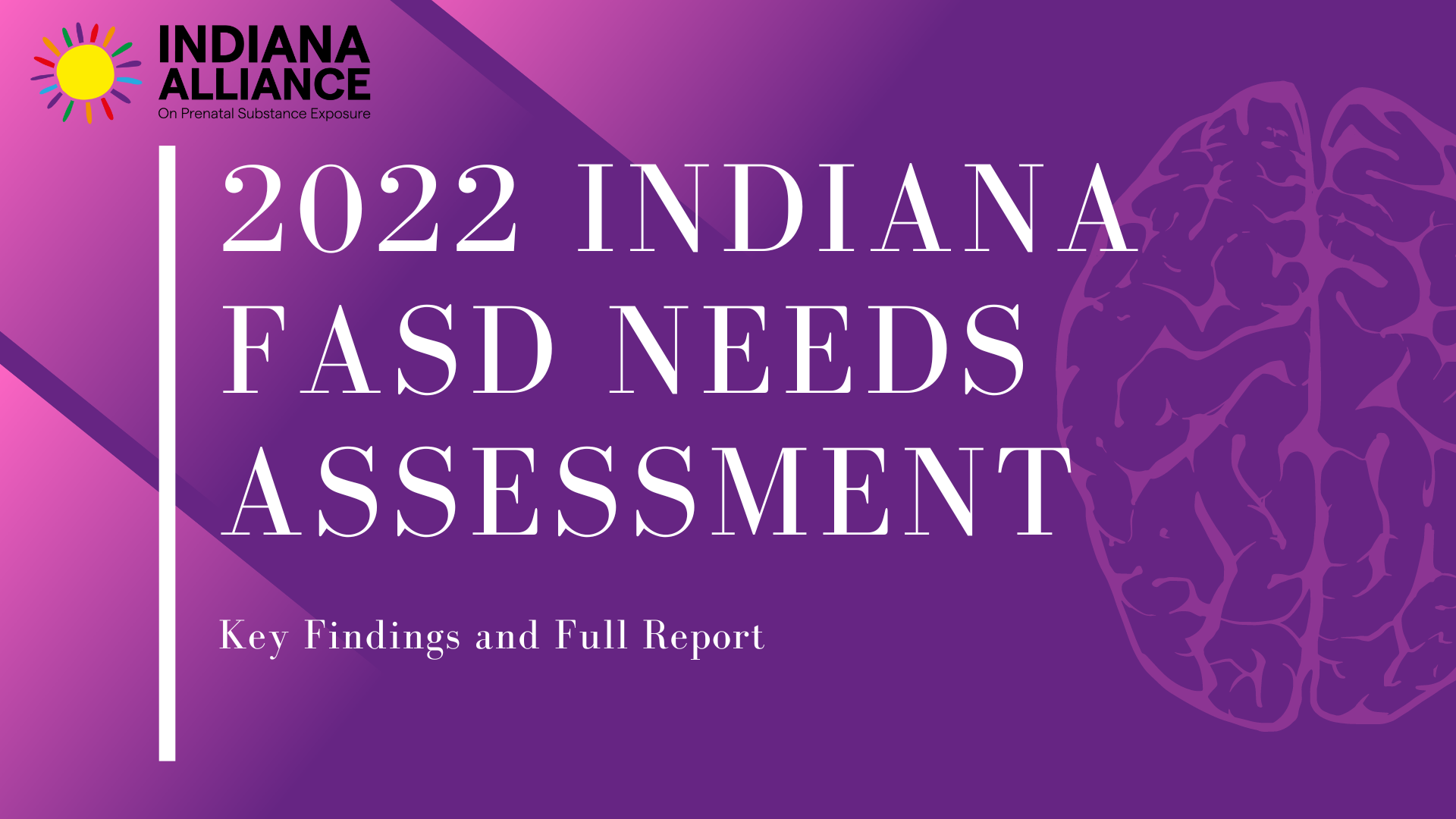Stigma keeps many pregnant women in the province from reporting their drug use, says one woman who works with drug users in St. John’s.
“It’s the stigma about what do you do when you find yourself in this place of being addicted to an opioid that you have to have or you’ll be dreadfully sick,” said Tree Walsh.
“And half the time the system punishes you for it rather than helping you for ending up in this human condition that nobody would like to end up in.”
The number of newborns exposed to illicit drugs during pregnancy in Newfoundland and Labrador nearly tripled over a five-year period, according to provincial health statistics: 29 babies were exposed in 2017, compared with 11 in 2012.
- Growing number of babies exposed to drugs during pregnancy
- Neonatal abstinence syndrome: Small victims in a big opioid crisis
Eight newborns had to be given morphine to wean them off drugs in 2017, according to health officials, up from two in 2012.
And two per cent of women in the province self-report using drugs while pregnant, based on data collected through the N.L. health-care system.
These numbers didn’t surprise Walsh, who works with the Safe Works Access Program needle exchange.
She told the St. John’s Morning Show on Wednesday that societal attitudes around drugs are far different than alcohol despite the knowledge of the dangers of drinking during pregnancy.
“We have an attitude in society that you should not use drugs, period. For some reason society has given alcohol a pass,” Walsh said.
“I would bet my last dollar that people are absolutely willing to say, ‘I drink occasionally,’ even if it is chronic, because it’s sanctioned in our society.”
Fear of losing child
Many pregnant women avoid reporting drug use because they fear losing their child, Walsh said.
“The pregnant women I know who come to see me are in absolute fear that their child is going to be taken as soon as it’s born because they’re going to be found out to be a drug user,” she said.
That assumption comes from the stigma they’ve otherwise experienced through the health, justice and child welfare systems.
“The way people are treated by the system is absolutely inhumane,” she said. “They know how they’re already being treated as drug users, so they know their child is going to be taken.”
Walsh said that it shouldn’t be assumed that a parent with a history of drug use cannot effectively parent, and that a more empathetic response from both the health-care system and society at large would improve the situation.
“I’m a person who believes destroying families is never a way to build anything. You work with the issues that the person is living with,” she said.
“If we could find some kind of a really humane, caring way to help these people, the problem would subside.”






